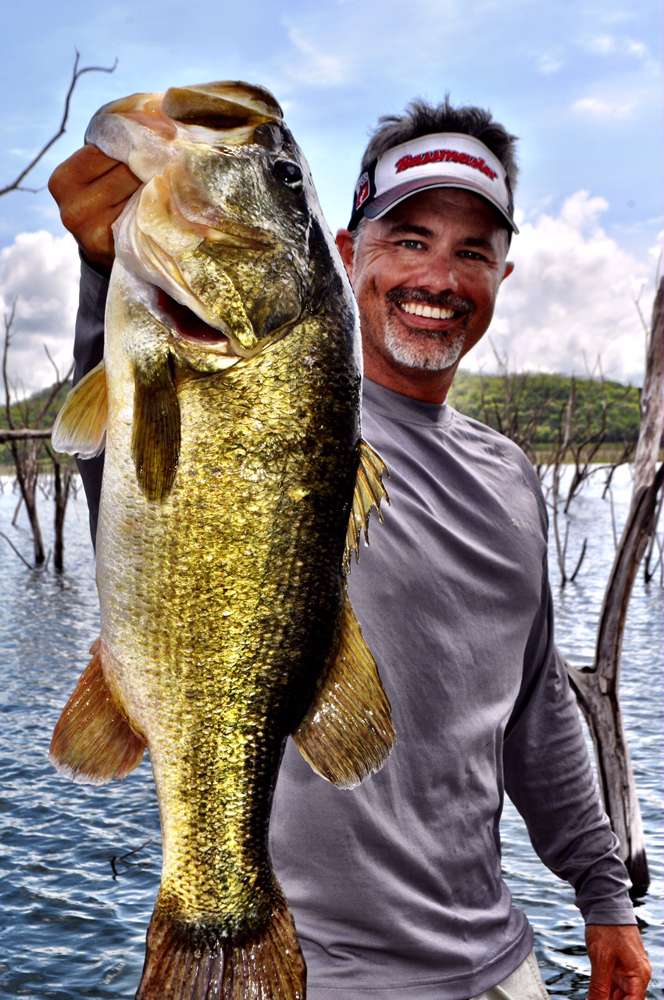
When the protesters entered the room, it was awkward. I was dressed in my Sunday’s best, hoping to fit in with the Washington D.C. crowd. My pants were khaki, but still made of denim, so I’m pretty sure I failed that litmus test. Luckily, the protesters were in shorts, T-shirts and smelling like it was 100 degrees outside, so my fashion standing immediately improved. I was about to meet with Alabama Senator Luther Strange to discuss upcoming legislation that would be a boost for recreational fishermen. Little did I know these visitors would offer the most valuable lesson during my trip to Capitol Hill.
“Mic check!” one protester would scream to take center stage, and then start reciting a loud version of slam poetry with a healthcare theme. The mob would repeat what was said at an even louder level. The office was not big. I’m not saying the group was uncomfortably close to me, but I could tell who brushed their teeth that morning. After four members of the group had performed, I saw bright lights and a television camera pass by the doorway. This was not lost on the leader of the protest, as she immediately took the show into the hall and started the chants all over again.
Now, let me back up and explain why I was actually in D.C. The Modernizing Recreational Fisheries Management Act of 2017 (Modern Fish Act) had been introduced by a group of congressmen, and I was asked to lobby support for the bill on behalf of Alabama anglers. The Congressional Sportsmen’s Foundation came up with the idea of bringing recreational fishermen and members of the fishing industry to Capitol Hill, relating real-world anecdotes to congressmen and senators on how the Modern Fish Act would help fix a very broken federal fisheries management system. In a nutshell, the new legislation would remove the commercial regulations that govern recreational anglers. As it currently stands, the federal government uses old data and funky poundage limits to decide how many fish are in the ocean, how many days a particular season can be open, and how many fish can be harvested. The Modern Fish Act would allow for the implementation of management strategies that work at the state level with current data … and recognize the importance of recreational fishing, two line items that have been sorely ignored.
Granted, the proposed legislation primarily deals with saltwater issues. But, federal mismanagement of saltwater fisheries can easily spill into the mismanagement of freshwater fisheries, which is why B.A.S.S. teamed up with Yamaha Motor Company in 2015 to create Bass Anglers for Saltwater Conservation (bassforsalt.com), an advocacy group that supports recreational anglers who want to be involved in fisheries policy. I highly recommend visiting this site. Letters are already written to support good sportfishing policy. Simply fill out a short form and a letter requesting support is sent to the lawmakers in D.C.
I had already met with Alabama congressmen Bradley Byrne and Gary Palmer, as well as Senator Richard Shelby. Senator Strange was my last meeting of the day. I must admit, I was a little disheartened by the response from my state’s delegation to our plea of support for the Modern Fish Act. After all, Alabama’s cultural fabric includes the threads of millions of anglers, most of which vote. It’s not that they said “no,” but they didn’t say “yes,” either.
As I walked out of Senator Strange’s office, the protestors were in full strut, three TV cameras now focused on their chorus of healthcare complaints. Later that evening, as I turned on the news in my hotel room, I saw a replay of the scene in the hallway outside the senator’s office, followed by a response from several lawmakers, each of which touting the priority of healthcare reform.
Look, I know healthcare is a much bigger deal than fishery management. Still, the lesson of the protest was valid. Volume and passion garners attention. If anglers are willing to stand up and shout for our rights as sportsmen, our chances of getting laws passed that support the future of fishing increases tenfold. I’m not saying I’d love reciting poetry, but at least we could get our point across while wearing shorts and a comfortable T-shirt. Let’s be loud.

